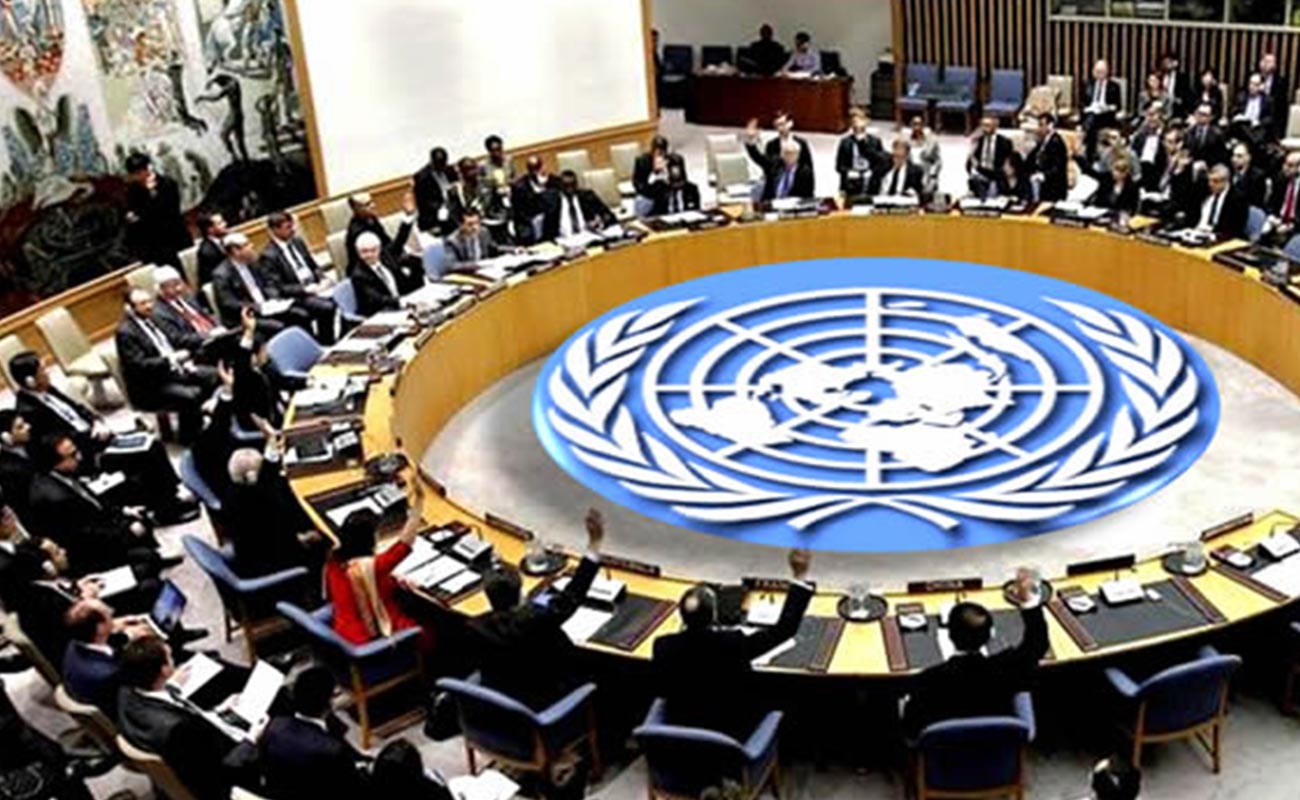
By Elizabeth Ibe
Africa’s ambition to secure a permanent seat at the United Nations Security Council (UNSC) reflects its desire for greater influence in global decision-making. However, this quest is complicated by the continent’s ongoing struggles with internal challenges. Asides receiving aid from the very nations they seek to join at the UNSC permanent seat, many African Countries continue to grapple with political instability, economic underdevelopment, and social issues.
Recently, the United Nations Secretary-General Antonio Guterres emphasized the need for reform, specifically the need for a permanent seat at the UNSC for Africa. He reiterated that the council’s structure no longer aligns with the changing world. Guterres highlighted the glaring imbalance when he stated that Africa, a continent with over a billion people, lacks permanent representation on the Council, despite being one of the regions most affected by its decisions on peace and security. He also called for meaningful change, urging that “we cannot accept that the world’s preeminent peace and security body lacks a permanent voice for a continent of over a billion people”.
Africa’s quest for a permanent seat at the United Nations Security Council is not a recent development. The Ezulwini consensus remains a cornerstone for this advocacy, highlighting the need for a reformed Security Council that truly reflects the world we live in. It demands not one but two permanent seats for African countries at the UNSC, with all the privileges, including veto power which current permanent members enjoy. For Africa, this is more about equal representation and amplifying African voices on critical global issues.
By securing a permanent seat, Africa can ensure its voice is heard and its interests are represented in the highest echelons of international decision-making. This inclusion would ensure that Africa can take part in the decisions that would affect its continent, thereby making the UN a democratic and equitable international institution.
This pursuit for a permanent seat is undeniably important for ensuring that the continent’s voice is heard in global decision making. But before pushing for a seat at the UNSC, Africa should prioritize addressing its internal challenges. While the quest for a permanent seat reflects a desire for greater representation and influence on the global stage, it is essential to recognize that such a position is not one that can be simply sought for, instead it must be earned.
Earning a permanent seat for Africa requires demonstrating the capacity to govern effectively and ensuring economic stability and contributing effectively to the workings of the United Nations. Also, seeking a permanent seat lies in the African countries ability to present themselves as a unified bloc, that can make decisions with one voice.
However, the chances of the current permanent members agreeing to share their veto power with another country are very slim. This power is a crucial tool for these five countries to influence international decisions and safeguard their national interests. The veto power establishes them as “primus inter pares” and sharing it would weaken their ability to unilaterally shape the decisions of the Security Council.
Also, the aspiration to secure a permanent seat raises the question – if it makes sense for African countries wanting to sit with the same countries that provide them with financial support to make crucial decisions and to enjoy the same benefits as they do. This dependence complicates their aspiration of wanting an equal footing with these countries at such an influential institution.
While the desire for a permanent seat is very important and understandable, it currently does not align with the economic realities of most African countries. Before seeking such a position, Africa must focus on reducing aid dependency, increasing financial contributions to the UN, and demonstrate exemplary leadership both in the home countries and abroad. Only then can these African countries rightfully claim a seat at the table with these powerful countries.
